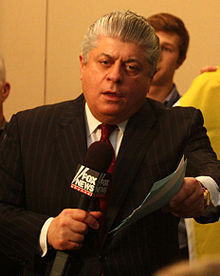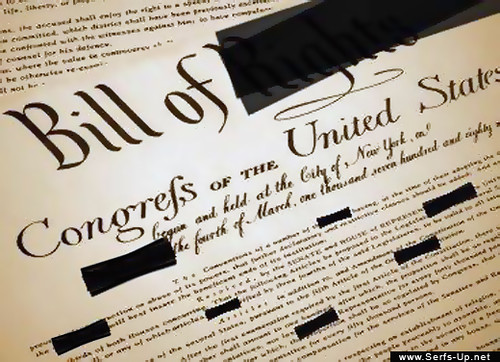"Which is better, to be ruled by one tyrant three thousand miles away, or by three thousand tyrants, one mile away?"
- Rev. Mather Blyes (1706-1788)
Does it really matter if the instrument curtailing liberty is a monarch or a popularly elected legislature? This conundrum, along with the witty version of it put to a Boston crowd in 1775 by the little-known colonial-era preacher with the famous uncle "Cotton Mather" addresses the age-old question of whether liberty can long survive in a democracy.
Blyes was a loyalist, who, along with about one-third of the American adult white male population in 1776, opposed the American Revolution and favored continued governance by Great Britain.
He didn't fight for the king or agitate against George Washington's troops; he merely warned of the dangers of too much democracy.
No liberty-minded thinker I know of seriously argues today in favor of a hereditary monarchy, but many of us are fearful of an out-of-control democracy, which is what we have in America today.
I say "democracy" because there remain in our federal structure a few safeguards against runaway federal tyranny, such as the equal state representation in the Senate, the Electoral College, the state control of federal elections, and life-tenured federal judges and justices.
Of course, the Senate as originally crafted did not consist of popularly elected senators. Rather, they were appointed by state legislatures to represent the sovereign states as states, not the people in them. Part of James Madison's genius was the construction of the federal government as a three-sided table. The first side stood for the people - the House of Representatives. The second side stood for the sovereign states that created the federal government - the Senate. And the third side stood for the nation-state - the presidency. The judiciary, whose prominent role today was unthinkable in 1789, was not part of this mix.
In his famous Bank Speech, Madison argued eloquently against legislation chartering a national bank because the authority to create a bank was not only not present in the Constitution, but also was retained by the states and reserved to them by the Tenth Amendment.
In that speech, he warned that the creeping expansion of the federal government would trample the powers of the states and also the unenumerated rights of the people that the Ninth Amendment - his pride and joy - because it protected natural rights, prohibited the government from denying or disparaging.
He gave that speech in February of 1791, 11 months before the addition of the Bill of Rights - the first 10 amendments to the Constitution. Given the popular fears of a new central government, Madison assumed that the Bill of Rights would be quickly ratified. He was right.
His Bank Speech remains just as relevant today.
Had Madison been alive during the presidency of the anti-Madisonian Woodrow Wilson, who gave us World War I, the Federal Reserve, the administrative state, and the federal income tax, he would have recoiled at a president destroying the three-sided table. Wilson did that by leading the campaign to amend the Constitution so as to provide for the direct popular election of senators. Nor would Madison have stomached the efforts today by liberal Democrats to amend the Constitution to provide for the direct popular election of the president.
Part of Madison's genius was to craft anti-democratic elements into the Constitution. And some of them, like retaining state sovereignty, created laboratories of liberty.
(Note: You can view every article as one long page if you sign up as an Advocate Member, or higher).






